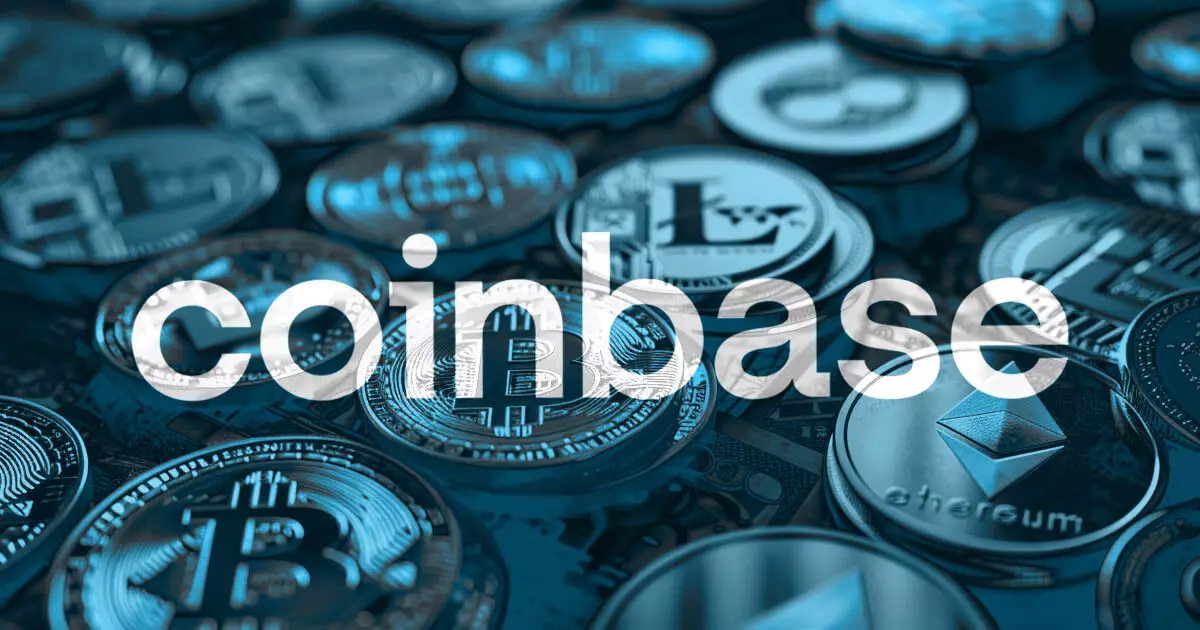Recent revelations from Coinbase’s chief legal officer, Paul Grewal, have shed light on the Federal Deposit Insurance Corporation’s (FDIC) formal stance regarding cryptocurrency banking services. Grewal unveiled documents on December 6, 2024, after a Freedom of Information Act (FOIA) request, which shows that the FDIC not only encouraged banks to refrain from providing crypto-related services but also discouraged them from engaging in basic Bitcoin transactions. The terminology used in these communications, referred to as “pause letters,” indicates a systemic push to stall the integration of crypto into banking frameworks, suggesting that the government may be attempting to stifle innovation in this rapidly evolving sector.
Grewal articulated concerns that these findings reveal a broader initiative, dubbed Operation Chokepoint 2.0, allegedly established by the Biden administration to curtail the growth of the cryptocurrency industry in the United States. By imposing such scrutiny and restrictions on banks that wish to engage with crypto, the message is clear: the government is not ready to fully embrace this disruptive technology. This strategic maneuvering could have lasting effects on how financial institutions interact with cryptocurrencies, potentially hindering their accessibility to mainstream users and businesses alike.
Interestingly, while Grewal’s disclosures present a stark narrative of government obstruction, the FDIC’s official statements appear to say otherwise. In an internal memorandum, the FDIC provided guidance to banks considering crypto services. Notably, this document does not directly instruct regulatory supervisors to avoid engaging with crypto, thereby creating a contradictory landscape wherein the agency’s communications leave room for interpretation. This divergence in messaging may contribute to uncertainty for financial institutions exploring cryptocurrency, casting doubt on regulatory preparedness.
As the crypto industry grapples with these developments, key stakeholders are emphasizing the necessity of securing banking access. Many in the field remain hopeful that incoming political leadership, particularly President-elect Donald Trump, might advocate for a more favorable regulatory environment for cryptocurrency. The crux of the issue lies in whether the incoming administration is willing to challenge existing policies that seemingly push banks away from adopting crypto, thereby endorsing an environment conducive to innovation.
The ramifications of the FDIC’s pause letters and the overall climate of regulatory scrutiny are yet to be fully realized. While the crypto community remains resilient, facing both regulatory hurdles and an unclear path forward, the outcomes of continued pressure for clarity from entities like Coinbase may pave the way for a more nuanced approach to cryptocurrency regulation. Ultimately, the ongoing dialogue between industry players and regulatory bodies will play a pivotal role in shaping the future landscape of finance, as cryptocurrencies continue to demand inclusion in traditional banking systems.

